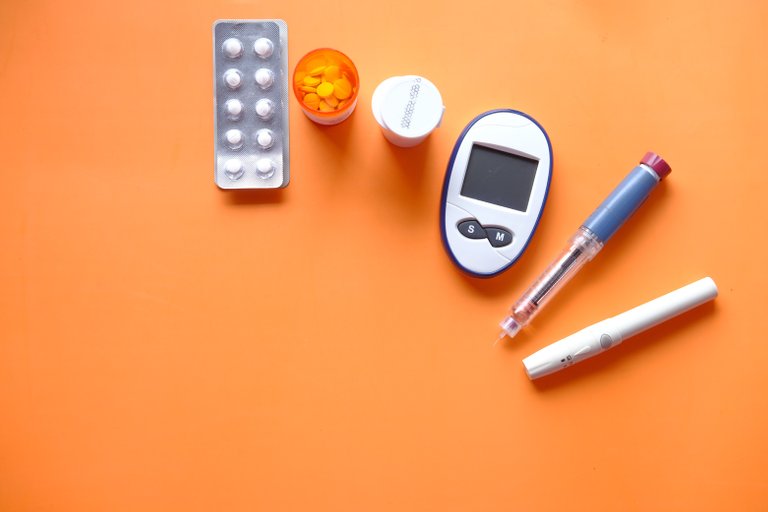Suggestions for Diabetic Dietary Habits
Introduction
A low-carb diet restricts carb intake to about 5 to 10% of total calories, to the point where protein and fats exceed everything else in one's eating habits, allowing one to stay satisfied and avoid cravings. It is through maintaining that sense of completion that one may avoid the need for sweets, and this is a good reason for diabetes to adopt a low-starch diet in order to regulate their condition. This type of diet prevents needless carbohydrate consumption, which results in higher glucose levels.

Photo by Towfiqu barbhuiya on Unsplash
Diabetes Definition
Diabetes is a disease in which the body is unable to absorb carbohydrates and sugar as it should. A diabetic's diet must be low in calories, high in fiber, and packed with vitamins, nutrients, phytonutrients, and cell boosters in order to be effective. It's also important to stick to foods that have a low glycemic index. Meat, chicken, eggs, cheese, fish, and certain vegetables are examples of foods that are allowed in low-carb calorie counts.
Advice for Diabetic Nutrition
Although some sources claim that eliminating starches completely isn't recommended for diabetics, carbohydrates in the diet are essential since they serve as our bodies' major source of energy and nutrients. Sugars in excessive amounts may be frowned upon in a diabetic's diet, although experts recommend daily measurements of at least 130 grams. However, studies have shown that a low-carb diet has no negative effects on insulin, sugar, pulse rate, or total cholesterol. It's also worth noting that an eating plan may be adjusted to meet one's specific needs. As a result, before beginning any dietary program, see your doctor to verify you're getting the right nutrients to help you manage your illness. This will also aid you in identifying areas of your routine that you should change for a more appropriate food pattern.
Limiting the number of carbohydrates you eat in your diet might result in weight loss due to lower calorie consumption, or it can help you maintain your ideal weight. Remember that as you lose weight, your body's glucose and insulin levels usually improve. Even a ten percent weight loss is a significant step toward healthier diabetes control.

Photo by Ella Olsson on Unsplash
Don't Forget Physical Activity
Additionally, while weight loss is crucial for your goal of improving your health and making your condition more bearable, a meticulously planned eating diet is best paired with an exercise program that is sufficiently straightforward to follow. Limited routines such as daily walks and two or three dozen repetitions with freeloads are appropriate. Regular exercise not only aids in the fight against diabetes but also promotes a sense of well-being, which helps you maintain the correct mindset for living a healthy life over the long haul.